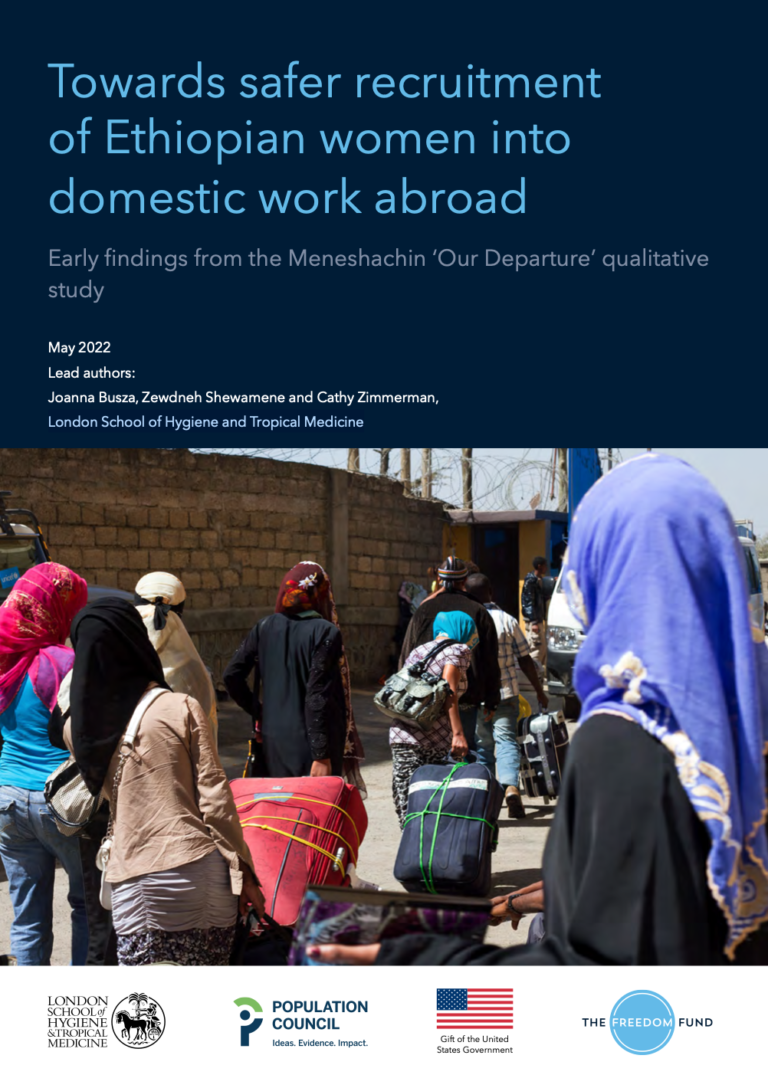Child Sexual Exploitation and Abuse Online: Survivors’ perspectives
GuidanceOver the last few years, research about child sexual exploitation and abuse online has received increased attention, particularly as our lives shifted further online during the Covid-19 pandemic. However, the picture remains decidedly unclear – pa...Read More

